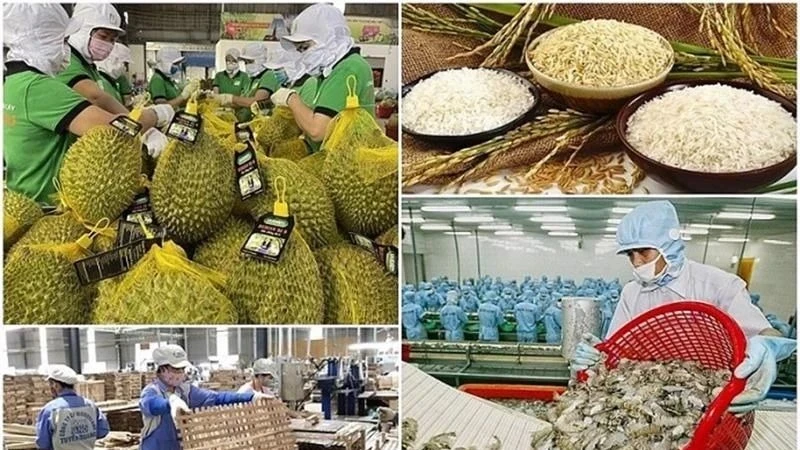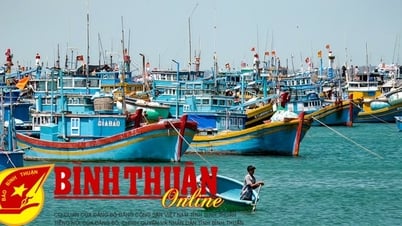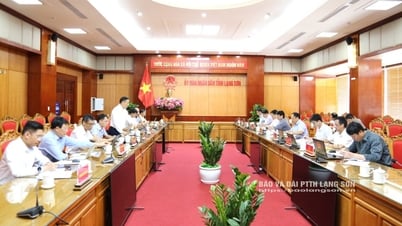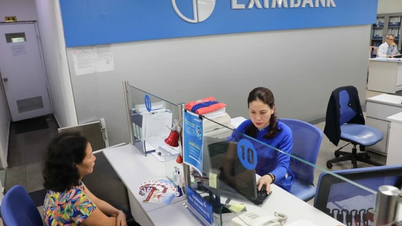
Many high food safety standards
The EU is a bloc of nations with standards. food safety high and very strict in the world, largely due to the strong EU laws, which aim to ensure safe food for consumers. The Rapid Alert System for Food and Feed (RASFF) is a tool to ensure information that allows a rapid response when risks to public health are detected in the food chain. Failure to declare or incorrect declaration of allergens can lead to product recalls or bans on imports into the EU.
The general conditions for introducing a new food into the EU are that the food does not pose a risk to human health, based on available scientific evidence. The intended use of the food must not mislead the consumer, in particular when the food is intended to replace another food and there is a significant change in nutritional value. When the food is intended to replace another food, it must not be nutritionally disadvantageous compared to the previous food.
| Regulation (EU) 2017/2470 of 20 December 2017 establishing the Union's list of novel foods pursuant to Regulation (EU) 2015/2283 of 25 November 2015 on novel foods. In addition, in Regulation (EU) 2015/2283, the concept of “novel food” includes “traditional third country foods”, i.e. foods traditionally consumed in countries outside the European Union. All novel foods must undergo a food safety assessment before they can be traded within the EU, having been shown to be safe for consumption for at least 25 years. |
Vietnam's agricultural products exported to the EU market are new foods, including dried basil seeds and fruit-flavored soft drinks containing basil seeds; apple snail meat, etc. Regarding dried basil seeds, Vietnam has received 2 warnings on the RASFF system about this product, with the reason "unlicensed new food". The product "apple snail meat" exported from Vietnam received a warning from the EU with the reason "unlicensed new food".

According to Regulation (EU) 2015/2283, snail meat belongs to the “traditional food from a third country” category, because it has been consumed in the Vietnamese market but not yet used in the European market. Snail meat needs to be registered for a license and undergo a food safety assessment process to be included in the European Union’s licensing list.
In addition, Regulation (EU) 1333/2008 of the European Union dated 16/12/2008 on food additives defined “food additives” as follows: “Food additives” are any substances which are not normally food and are not used as a main ingredient of food. Whether or not they have nutritional value, if they are intentionally added to food for technological purposes (such as production, processing, preservation, packaging, transport, etc.), they or their by-products may become part of the food, directly or indirectly.
Strict compliance with regulations
According to Dr. Ngo Xuan Nam, Deputy Director of the Vietnam National Sanitation and Plant Quarantine Information and Enquiry Point (Vietnam SPS Office), Ministry of Agriculture and Environment, many food manufacturers, including Vietnam, use eggs in their breaded shrimp recipes. According to the habits and tastes of consumers in many markets, when processing breaded shrimp, manufacturers often add eggs to create a sticky layer.
Mr. Nam analyzed that eggs help the batter stick to the shrimp better, preventing the batter from falling off when frying. Eggs also help the breadcrumbs or tempura batter have a crispier texture. The light fatty taste of eggs helps the batter to be less bland, creating a delicious feeling. In addition, egg yolks help the batter have a more beautiful yellow color, while also keeping the batter moist, preventing the product from becoming dry and hard.

However, egg protein can be considered an allergen. In addition, eggs are also a product of animal origin, when present in a composite product exported to the EU market, they must comply with Regulation (EU) 2022/2292, effective from 15/12/2022. Breaded shrimp is also a composite product, because it contains flour (of plant origin) and has changed the characteristics of shrimp (of animal origin).
Currently, the EU only allows egg products from approved third countries to be exported to the EU (such as the United States, Japan, Brazil, etc.). Vietnam wants to export breaded shrimp products with eggs to the EU, it must use eggs originating from the above countries.
Another issue to note is that according to Article 21 of Regulation (EU) No. 1169/2011, eggs are included in the group of allergenic products and must be declared on the product label. If not, the European Union's Rapid Alert System for Food and Feed (RASFF) will issue a warning to the exporting country, along with the necessary measures.
“Failure to declare or inaccurate declaration of allergens can lead to product recalls or bans on imports into the EU. In the past, there have been many cases of frozen breaded shrimp not declaring egg content in the breading, leading to product recalls in Europe. This not only causes economic losses to businesses, but also affects the entire industry if violations recur,” Mr. Nam warned.
Failure to declare or incorrect declaration of allergens can result in product recalls or import bans into the EU. In the past, there have been many cases of frozen breaded shrimp not declaring egg in the breading, leading to product recalls in Europe. This not only causes economic losses to businesses, but also the entire industry can be affected if the violation is repeated.
Dr. Ngo Xuan Nam, Deputy Director of SPS Vietnam Office
According to Mr. Nam, the regulations on food safety and animal and plant quarantine of the EU in particular and members of the World Trade Organization (WTO) in general often change, therefore, the Vietnam SPS Office recommends that businesses carefully study the EU regulations, especially issues related to food safety, labeling, Regulation (EU) 1169/2011 on providing food information to consumers, as well as the very new Regulation (EU) 2022/2292 on composite products.
Before packaging for export, businesses must label the product completely and accurately, ensuring that all allergens contained in the product are clearly listed, helping consumers to identify and avoid them. At the same time, strictly control quality through establishing a quality control process to ensure that there is no cross-contamination or omission in declaring allergens.
Strict compliance with regulations on allergen declaration, as well as origin requirements for synthetic products, not only helps businesses avoid legal risks but also enhances reputation and ensures consumer safety.
Source: https://baolangson.vn/can-nghien-cuu-ky-thi-truong-khi-xuat-khau-sang-eu-5044183.html



![[Photo] President Luong Cuong attends the inauguration of the international container port in Hai Phong](https://vphoto.vietnam.vn/thumb/1200x675/vietnam/resource/IMAGE/2025/5/13/9544c01a03e241fdadb6f9708e1c0b65)
![[Photo] Prime Minister Pham Minh Chinh receives Ambassador of the French Republic to Vietnam Olivier Brochet](https://vphoto.vietnam.vn/thumb/1200x675/vietnam/resource/IMAGE/2025/5/13/f5441496fa4a456abf47c8c747d2fe92)
![[Photo] Many people in Hanoi welcome Buddha's relics to Quan Su Pagoda](https://vphoto.vietnam.vn/thumb/1200x675/vietnam/resource/IMAGE/2025/5/13/3e93a7303e1d4d98b6a65e64be57e870)

![[Photo] President Luong Cuong awarded the title "Heroic City" to Hai Phong city](https://vphoto.vietnam.vn/thumb/1200x675/vietnam/resource/IMAGE/2025/5/13/d1921aa358994c0f97435a490b3d5065)


















































































Comment (0)